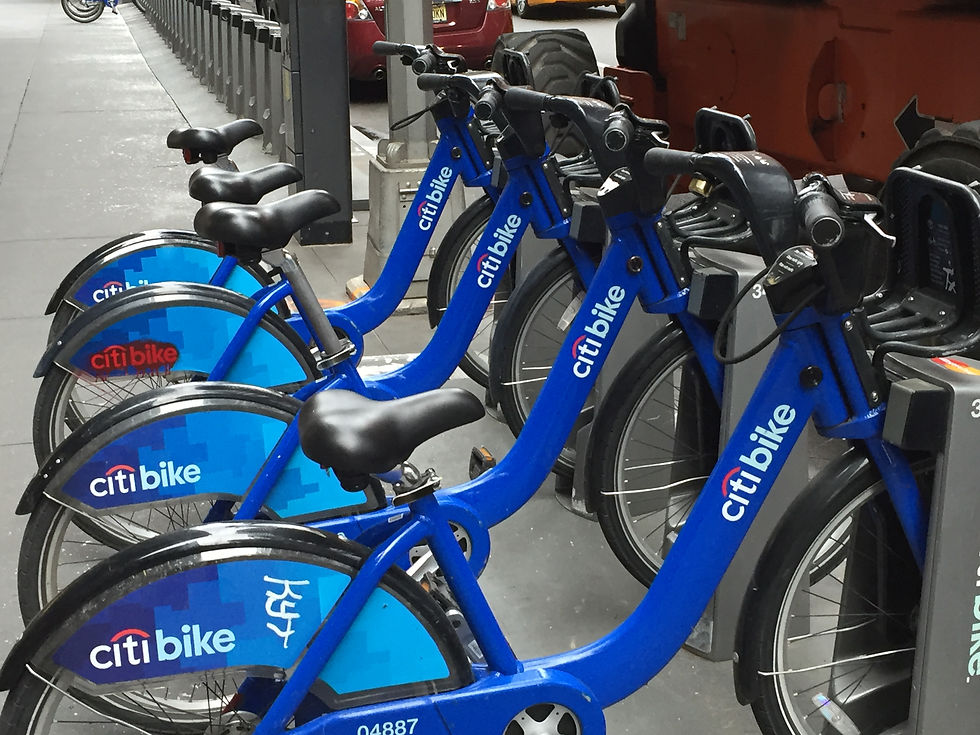Shared Micromobility Can Help Build Communities Residents Deserve - TechCrunch
- GVF TMA
- Sep 10, 2021
- 2 min read
Updated: Sep 16, 2021
Twenty years ago, many of us had never heard of shared micromobility, let alone contemplated it as a tool for developing healthier, more equitable communities.

But as of 2020, more than 200 cities in North America have at least one shared micromobility system in operation with a combined 169,000 vehicles. As the industry has grown, so too has the realization that something as seemingly small as the way people get from place to place can significantly impact their quality of life.
One of the most surprising yet impactful roles that shared micromobility has filled recently is that of a supporter of racial justice initiatives and events.
According to the North American Bikeshare & Scootershare Association’s 2020 Shared Micromobility State of the Industry Report, agencies and operators provided free or discounted trips for demonstrators to get to events, while many systems donated or fundraised for racial justice nonprofits.
Importantly, the increased attention on diversity, equity and inclusion further brought to light our shortcomings and led to organizational change throughout the industry. For example, 71% of shared micromobility systems stated that diversity was part of every hiring decision in 2020, and 69% reported that women and people of color are represented at all levels of the organization.
Of course, we collectively recognize that we are not where we want or should be. However, these metrics demonstrate intention and mark progress toward improved equity, diversity and inclusion in shared micromobility.
We in the shared micromobility industry are continually adapting our policies and practices as we work to fit the needs of the communities we serve, whether providing discount programs for lower-income residents or making adaptive vehicles available for persons of different abilities, we understand that mobility is a right for everyone.
Even more than that, agencies and operators recognize the importance of providing active modes of mobility for people and communities to build healthier habits, which ultimately can have positive economic, social and environmental impacts.
In 2020, North Americans gained an additional 12.2 million hours of physical activity and offset approximately 29 million pounds of carbon dioxide by utilizing shared micromobility.
Additionally, researchers at Colorado State University calculated that in an average year, bike-share users saved the U.S. healthcare system more than $36 million, while another study concluded that scooter users accounted for $921 of unplanned spending per scooter at food and beverage establishments.





